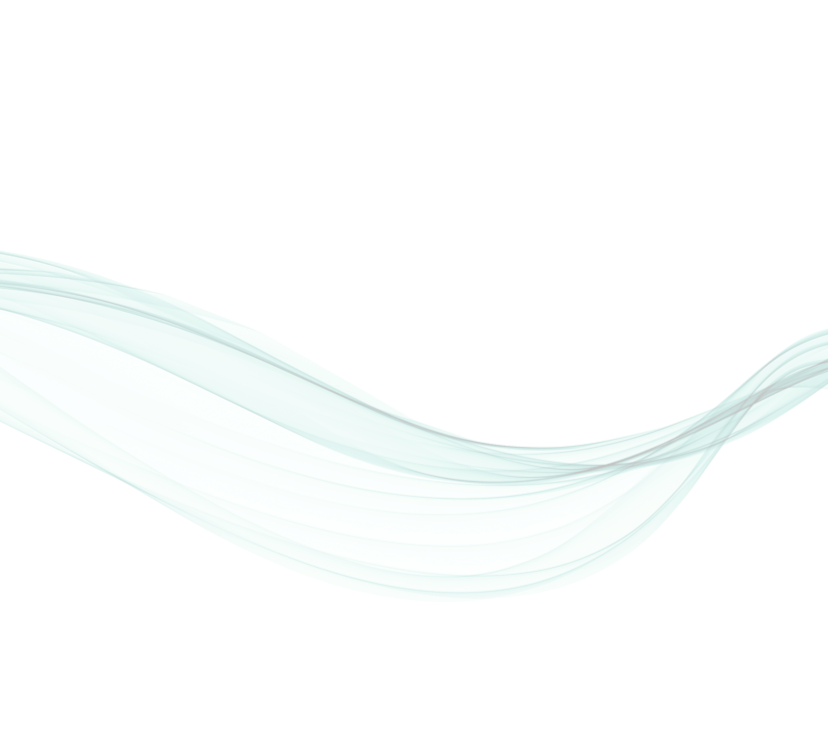MORE FROM OUR CHANGEMAKERS

saving 36 tonnes of plastic
saving 36 tonnes of plastic
Tesco took their nappy packs and modified the design, saving 36 tonnes of plastic. That’s as many happy babies… but a lot less waste.
Sign Plastic Pledge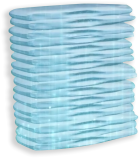
full recycling of all Tesco Own label packaging
full recycling of all Tesco Own label packaging
The company has undertaken significant plastic reduction efforts by removing handles from packs of Fred & Flo Nappies, resulting in a reduction of 36 tonnes of plastic usage. They've also implemented an in-store recycling process, enabling full recycling of all Tesco Own label packaging.
Their commitment to sustainability is ongoing, with a continued focus on their "reduce and remove" program. Additionally, environmental impact remains a top priority in their innovation pipeline, emphasising their dedication to responsible packaging practices and reducing their ecological footprint.
Tescos Plan for 2023
Tescos Plan for 2023
The company is taking significant steps toward sustainability by introducing a new reusable netted bag dispenser for the fruit and vegetable department, reducing single-use plastic. They are also committed to eliminating all non-recyclable and hard-to-recycle materials, ensuring that all packaging is recyclable.
Furthermore, they plan to advance their Red, Amber, Green list of preferred materials in 2023, emphasizing their dedication to responsible packaging choices and sustainable practices.
Tesco Plastic Pledge Objectives
Tesco Plastic Pledge Objectives
Achievements for 2022
The following are some key deliverables achieved in 2022:
→ Toothpaste box removal: Through re-designing the Tesco Own Label ‘Pro Formula’ toothpaste range, not only have 55.9 tonnes of cardboard packaging been removed annually. Also, the tube and cap material were changed to PE material.
→ We have reduced the usage of OP plastic on salad leaf bags by 13.8%, saving 4 tonnes of material annually with the installation of new Ultrasonic sealers.
→ By removing the individual plastic wrappers from each of the 40 Tesco Limescale tablets, we have removed 5 tonnes of plastic.
→ We have removed the handles on packs of Fred & Flo Nappies, having 36 tonnes of plastic.
→ Plastic-free Pens and Pencils: By replacing plastic bags & boxes with card packaging solutions, 3.5M pieces of plastic (17 tonnes) have been removed from Own Brand writing products.
→ Tesco Ireland have changed the packaging on 5 own brand sausage lines to make the product packaging recyclable at kerbside.
→ Through reducing the tray footprint across multiple Irish fresh meat and burger lines (including beef mince, bacon chops and burgers), 21.9 tonnes of plastic packaging have been removed per annum.
→ We have changed our 150ml yogurt packaging so the outer layer is removable from the tub which will ensure recyclability of both layers.
→ We have removed plastic from our porridge sachets and reduced the plastic in our produce punnets.
→ We have changed some of the coloured and harder to recycle plastic on cooked meats to clear easy to recycle packaging.
→ We have included more recycled content in our sandwich skillets and our wrap clam shells.
In April 2022 Tesco launched new recycled plastic flowerpots. This latest green innovation sees customer waste soft plastic taken to a purpose-built site where it’s cleaned, sorted, and moulded into slate-grey flower planters. The recycled plastic pot, designed and made in Ireland, from 100% mixed plastic packaging, is the result of an innovative partnership with Paltech, a sister company of Tesco’s food waste partner, Green Generation.
All Tesco Own Label paper and carboard used is now fully sustainable sourced.
Following the ongoing consultations with our suppliers, we relaunched a ‘Tesco Packaging Preferred Materials List’ where we continued to remove all packaging that is hard to recycle from our business across primary, secondary & tertiary packaging with the focus on using materials that are easier to recycle. We initially focused on the removal of PVC & Polystyrene. In 2022, we added new hard to recycle materials such as waxed paper & siliconized paper.
We also held remote supplier conference in 2022 where we brought together our suppliers from across Ireland to engage them on our packaging strategy for Ireland and our asks of them to work with us to support our packaging ambitions. In 2023, our packaging plans will continue to be based on our 4R approach – Reduce, Remove, Recycle, Reuse.
The 4R strategy is based on the following:
→ Remove all non- recyclable and hard to recycle materials
→ Reduce packaging where we can
→ Look for opportunities to reuse packaging
→ Ensuring all packaging is recyclable
This 4R approach will allow us to deliver and communicate a clear message to our customers on the great work we have achieved. This will be done by applying a ‘R’ logo to our packaging.
Plans for 2023
In 2023, we plan to continue our Red, Amber Green list of preferred materials and work in conjunction with our suppliers to continue making their packaging more easily recyclable, and further remove hard-to-recycle materials.
We will be introducing a new reusable netted bag dispenser for the fruit and veg department. This reusable net bag is to support our ongoing efforts to reduce plastic and help introduce our customers to more sustainable ways to shop.
Achievements for 2022
Contaminated packaging materials from our back of store food waste would previously have been sent to incineration when separated during the AD process. By working in partnership with Green Generation,
an anaerobic digestion (AD) plant in Kildare, and with Paltech, a start- up company focused on recovering and reusing soft plastics to make products, we introduced a process whereby food waste is separated from its packaging and processed through AD, creating bioenergy.
The packaging is then segregated, and where required, washed and dried to remove impurities/food contamination. Plastic/packaging that can currently be recycled is managed appropriately to ensure we continue to close the loop. For soft packaging materials that cannot currently be recycled, Paltech use an enclosed pressure moulding system to turn large volumes of mixed-waste plastic into heavy- walled large products, such as poles, median motorway barriers and more. Through this instore recycling process, all our Tesco Own label packaging can now be fully recycled.
Plans for 2023
In 2023, we plan to continue our Red, Amber Green list of preferred materials and work in conjunction with our suppliers to continue removing packaging or making it more easily recyclable, helping to close the loop.
Our packaging plans continue to be based on the 4R approach:
→ Reduce
→ Remove
→ Recycle
→ Reuse
This approach will allow us to deliver and communicate a clear message to our customers on the great work we have achieved. This will be done by applying a ‘R’ logo to our packaging. The 4R strategy is based on the following:
→ Remove all non- recyclable and hard to recycle materials
→ Reduce packaging where we can
→ Look for opportunities to reuse packaging
→ Ensuring all packaging is recyclable
Achievements for 2022
In 2023, we plan to continue to develop our Red, Amber Green list of preferred materials and work in conjunction with our suppliers to continue to reduce polymer use in packaging, making it more easily recyclable.
We will continue our reduce and remove programme, where we will reduce and or remove any excess packaging from our products across primary, secondary, and tertiary packaging.
Achievements for 2022
We continue to prioritise environmental impact as a central aspect in our ever-changing innovation pipeline. Our preferred materials list already includes materials that are easily recycled and can be made from recycled content, including PET plastics, PP plastics for non-food applications, metal, glass and sustainably sourced board and paper.
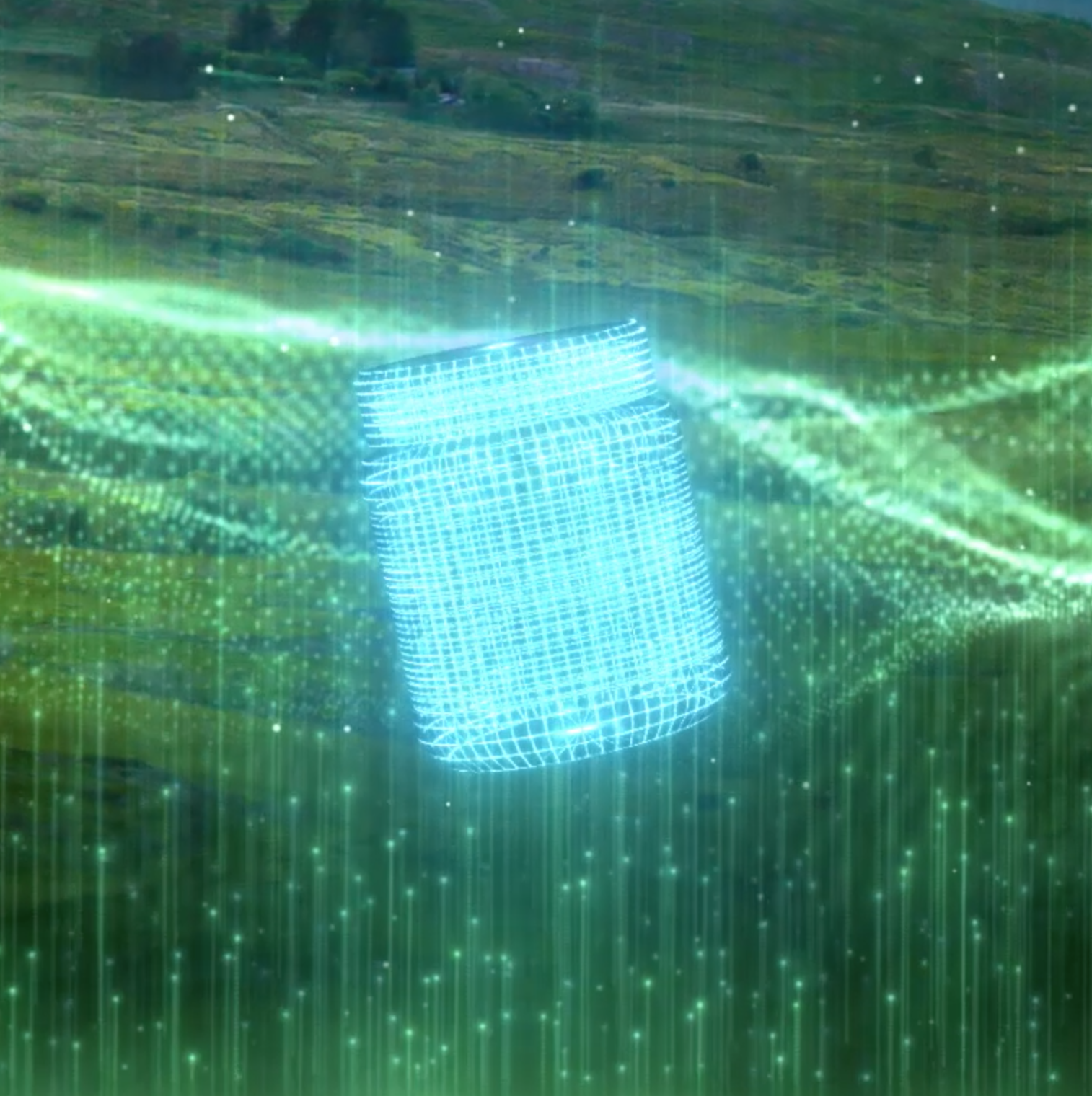

Case Study
Aldi
Moved peanut butter from plastic to glass jars saving 13 tonnes of plastic per annum.
Read Case Study
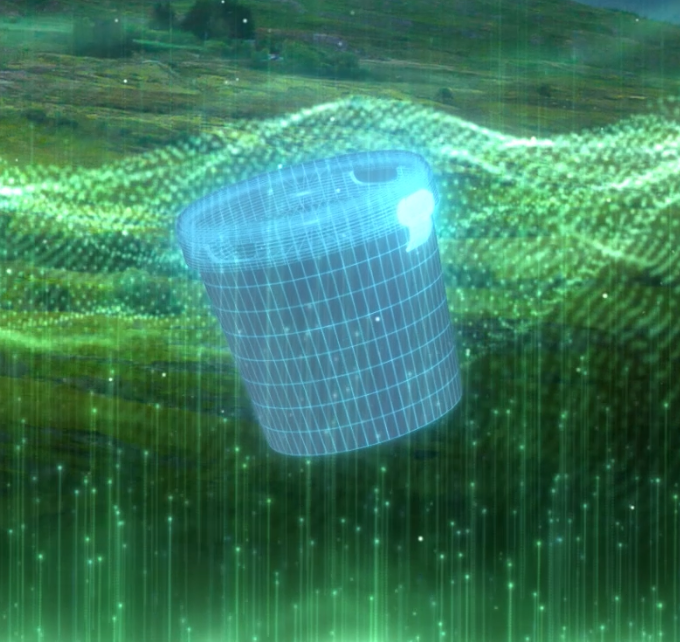

Case Study
Lidl
Lidl began to package own-brand yogurt in pots made from recyclable plastic, saving ___ tonnes of non-recyclable plastic packaging a year.
Read Case Study
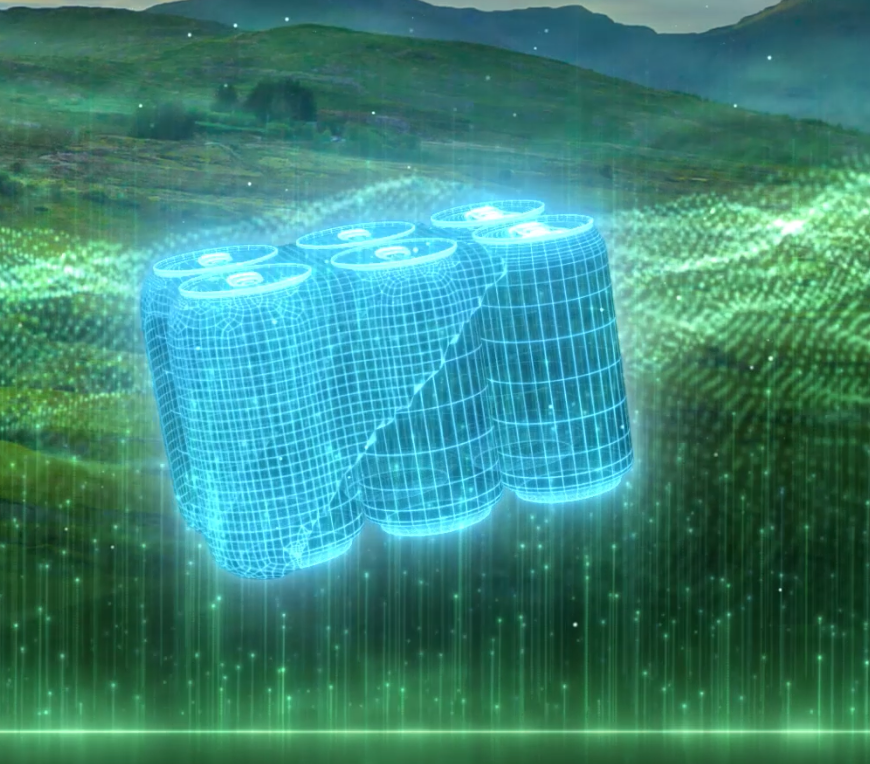

Case Study
Coca Cola
Coca-Cola HBC Ireland and Northern Ireland continued to eliminate ‘single-use’ plastic shrink wrap from our multi-packs, through our move to KeelClip™ and Q-Flex Card Carton Packs; a move that eliminated almost 500 tonnes of plastic.
Read Case Study


